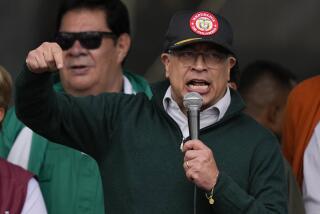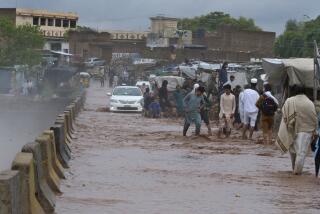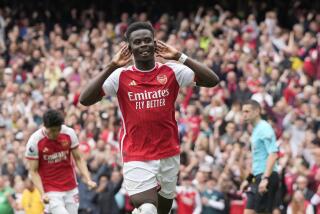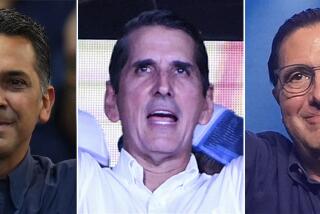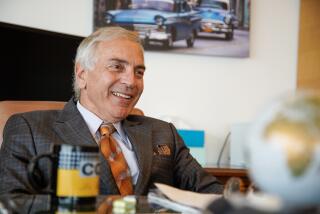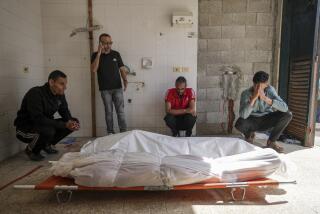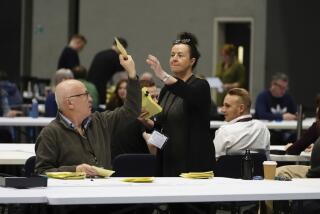Informal summit of 27 EU leaders gets underway in Bratislava
European Union leaders, with the exception of the United Kingdom, on Friday initiated proceedings for the informal EU summit in Bratislava to discuss future reforms and challenges in the wake of the shock Brexit vote.
The 27 leaders hoped to come up with a roadmap for a postBrexit EU, and were to discuss topics such as the migrant crisis, future economic reforms, border control and collaborative security measures against terrorism.
“We need solutions for Europe and we are in a critical situation,” said German Chancellor Angela Merkel upon her arrival, before adding that the meeting would not be able to solve all of the problems within the EU.
Her Italian counterpart Matteo Renzi said that the bloc should steer away from bureaucracy and focus on the fundamental questions.
Meanwhile French President Francois Hollande asked for priority to be given to security and an economic plan as well as outlining future employment terms that would deliver hope to young people.
Spain’s acting Prime Minister Mariano Rajoy said the lack of public confidence in the EU was due to a triple failure in security.
In his diagnostics he outlined a lack of border security, a lack of counterterrorism security and a lack of financial security, specifically low economic growth, as contributing factors to the problem.
President of the European Commission, JeanClaude Juncker, called for unity ahead of the meeting in Slovakia, while European Council President, Donald Tusk, said that the differences between EU nations were easier to overcome than people thought.
The summit is due to open with a discussion on Britain’s shock decision to leave the EU in a referendum on June 23, although negotiations on the terms of the secession will not be addressed as the UK has yet to submit its official request to exit.
The President of Lithuania, Dalia Grybauskaite, assured that the member nations would remain “open and cooperative” as ever with regards to the UK.
In the wake of the British vote, Greek Prime Minister Alexis Tsipras said that he hoped to find common ground in order to create a social Europe, with growth, employment and prosperity for its people.
“What Europe needs now is a new vision and a concrete agenda for change,” he added.
Hungarian Prime Minister Viktor Orban, said that the Visegrad group (V4)_ a central European alliance comprising Czech Republic, Hungary, Poland and Slovakia_ would advocate the creation of an EU army, the devolution of immigration laws to national level and a curb of Brussels’ powers.
The topic of an EU army returned to the discussion table following Brexit, although some leaders seemed less convinced of its necessity than others.
“I haven’t heard talks of an army, we talk about improving defense cooperation, but not an army; we don’t want to duplicate NATO,” said the Lithuanian president.
Taavi Roivas, Prime Minister of Estonia, shared the view of Grybauskaite, and urged more defense coordination in order to increase stability in the region.
Incumbent Chancellor of Austria, Christian Kern, warned that Europe should be poised for all eventualities with regards to the migrant deal struck with Turkey earlier this year.

